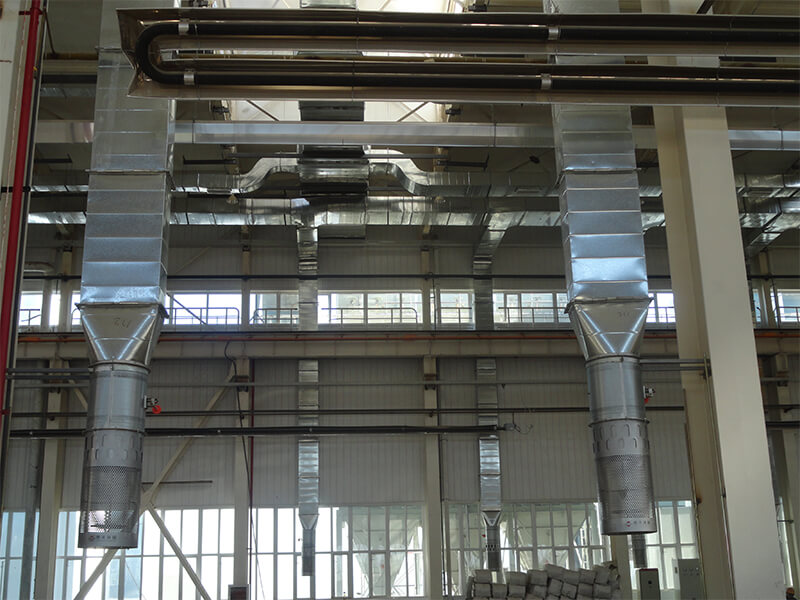- Afrikaans
- Albanian
- Amharic
- Arabic
- Armenian
- Azerbaijani
- Basque
- Belarusian
- Bengali
- Bosnian
- Bulgarian
- Catalan
- Cebuano
- China
- China (Taiwan)
- Corsican
- Croatian
- Czech
- Danish
- Dutch
- English
- Esperanto
- Estonian
- Finnish
- French
- Frisian
- Galician
- Georgian
- German
- Greek
- Gujarati
- Haitian Creole
- hausa
- hawaiian
- Hebrew
- Hindi
- Miao
- Hungarian
- Icelandic
- igbo
- Indonesian
- irish
- Italian
- Japanese
- Javanese
- Kannada
- kazakh
- Khmer
- Rwandese
- Korean
- Kurdish
- Kyrgyz
- Lao
- Latin
- Latvian
- Lithuanian
- Luxembourgish
- Macedonian
- Malgashi
- Malay
- Malayalam
- Maltese
- Maori
- Marathi
- Mongolian
- Myanmar
- Nepali
- Norwegian
- Norwegian
- Occitan
- Pashto
- Persian
- Polish
- Portuguese
- Punjabi
- Romanian
- Russian
- Samoan
- Scottish Gaelic
- Serbian
- Sesotho
- Shona
- Sindhi
- Sinhala
- Slovak
- Slovenian
- Somali
- Spanish
- Sundanese
- Swahili
- Swedish
- Tagalog
- Tajik
- Tamil
- Tatar
- Telugu
- Thai
- Turkish
- Turkmen
- Ukrainian
- Urdu
- Uighur
- Uzbek
- Vietnamese
- Welsh
- Bantu
- Yiddish
- Yoruba
- Zulu
Nov . 20, 2024 00:25 Back to list
oil fired boiler efficiency ratings
Understanding Oil Fired Boiler Efficiency Ratings
Oil fired boilers are a critical component of heating systems in both residential and commercial settings, especially in regions where natural gas is not readily available. As we strive for greater energy efficiency and reduced environmental impact, understanding the efficiency ratings of these systems becomes essential. Efficiency ratings indicate how well a boiler converts fuel into heat and can vary widely based on several factors.
What is Boiler Efficiency?
Boiler efficiency refers to the percentage of fuel energy that is converted into usable heat. For oil fired boilers, this means the efficiency is calculated by comparing the energy output (in heating) to the energy input (in fuel consumed). A higher efficiency rating means less fuel is required to produce the same amount of heat, which leads to reduced energy bills and lower emissions of greenhouse gases.
Types of Efficiency Ratings
When evaluating oil fired boiler efficiency, several ratings may be presented
1. Annual Fuel Utilization Efficiency (AFUE) This is one of the most common measurements used for evaluating the efficiency of heating systems. AFUE represents the percentage of heat output from the boiler compared to the total energy input over a typical year. For example, an AFUE rating of 85% means that 85% of the energy in the fuel is converted to heat, while the remaining 15% is lost, typically through flue gases.
2. Steady State Efficiency This measurement assesses the efficiency during continuous operation under specific conditions. It is a relevant figure as it reflects the efficiency when the boiler is in consistent use, as opposed to AFUE, which takes seasonal variations into account.
3. Thermal Efficiency This rating examines how effectively a boiler converts fuel into heat energy at any single moment, without accounting for losses during operation or variation over time. This can provide insight into the immediate performance of a boiler under optimal conditions.
oil fired boiler efficiency ratings

Factors Affecting Efficiency Ratings
Several factors can influence the efficiency ratings of oil fired boilers
1. Boiler Design Modern boilers tend to be more efficient due to advancements in technology. Condensing boilers, for example, can achieve higher efficiencies by recovering heat from flue gases.
2. Maintenance and Upkeep Regular maintenance, including cleaning and inspections, can significantly impact a boiler's efficiency. A well-maintained boiler operates more effectively and uses fuel more efficiently than one that has not been routinely serviced.
3. Fuel Quality The quality of the oil used can also affect efficiency. Higher quality fuels burn more completely and produce less soot, leading to better performance and reduced emissions.
4. Installation Proper installation is critical to ensure that the system operates at its optimal efficiency. Incorrectly sized or poorly installed boilers can lead to significant energy losses.
5. Control Systems Advanced control systems that allow for better regulation of heat output, based on demand, can enhance efficiency. Smart thermostats and other modern controls help in optimizing operations.
Conclusion
Understanding oil fired boiler efficiency ratings is essential for homeowners and businesses alike. With rising energy costs and an increasing emphasis on sustainability, investing in a high-efficiency boiler can lead to significant savings and environmental benefits. When selecting an oil fired boiler, ensure to consider not just the initial purchase price but also the long-term operational efficiencies and the potential for fuel savings. As technology continues to improve, more efficient models will likely become available, making it an exciting time for those looking to upgrade their heating systems.
-
Premium Cast Iron Water Main Pipe: Durable, Corrosion-Resistant
NewsAug.03,2025
-
Durable Cast Iron Water Mains | AI-Optimized Systems
NewsAug.02,2025
-
High-Efficiency Propane Boiler for Baseboard Heat | Save Energy
NewsAug.01,2025
-
Premium Source Suppliers for Various Gray Iron Castings
NewsJul.31,2025
-
Durable Cast Iron Water Main Pipes | Long-Lasting
NewsJul.31,2025
-
High-Quality Cast Iron Water Main Pipe for Durable Infrastructure
NewsJul.30,2025


